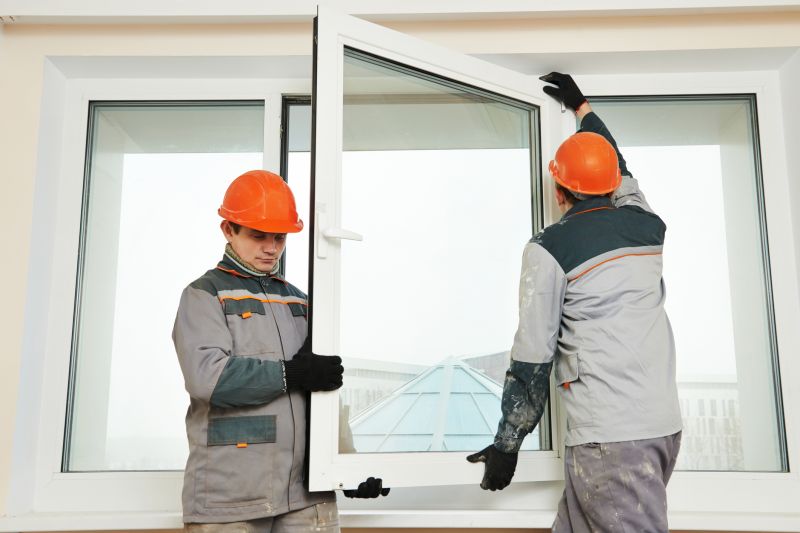Optimal Timing for Windows Installations
Windows installations are most effective when performed during periods of low system demand and optimal environmental conditions. Timing can influence the success and efficiency of the installation process, ensuring minimal disruption and maximum performance.
Perform installations during mild weather to avoid issues caused by extreme temperatures or humidity that can affect hardware and installation tools.
Late fall and early spring often present less busy periods, allowing for dedicated installation windows without operational interruptions.
Align installations with scheduled maintenance times to minimize business downtime and ensure access to necessary resources.
Schedule during times when technical support staff are fully available to address potential issues promptly.

Technicians working on a Windows setup in a controlled environment.

Preparing hardware for Windows installation in a data center.

Support staff assisting with system updates.

Configuring hardware components prior to Windows installation.

Customizing Windows settings during installation.

Connecting systems to network for updates and activation.

Verifying system stability after Windows setup.

Training staff on new Windows features and workflows.
| Timing Consideration | Details |
|---|---|
| Weather Conditions | Perform installations during mild weather to prevent hardware issues caused by extreme temperatures. |
| Operational Downtime | Schedule during off-peak hours or planned maintenance to reduce impact on business operations. |
| Resource Availability | Ensure technical support and hardware resources are accessible during the installation window. |
| System Readiness | Avoid overlapping major updates or hardware changes to prevent conflicts. |
| Environmental Stability | Choose periods with stable environmental conditions to ensure hardware longevity. |
| Staff Availability | Coordinate with support staff availability for troubleshooting and assistance. |
| Project Deadlines | Plan installations ahead of critical project timelines to avoid delays. |
| Compliance Requirements | Align with internal policies or external regulations regarding system updates. |
Windows installations are a critical component of maintaining optimal system performance and security. Proper timing ensures that the process is efficient and causes minimal disruption. It is advisable to plan installations during periods of low activity, when environmental conditions are favorable, and support resources are readily available. Regular updates and installations contribute to system stability, security patches, and feature enhancements, ultimately supporting operational efficiency.

Technicians installing Windows on enterprise hardware.

Monitoring hardware conditions during installation.

Support team providing guidance during setup.

Verifying system stability after Windows installation.
Interested in scheduling a Windows installation or learning more about the process? Filling out the contact form can provide guidance tailored to specific operational needs and timelines. Proper planning and timing are essential for a smooth and successful setup, ensuring systems operate reliably and securely.


